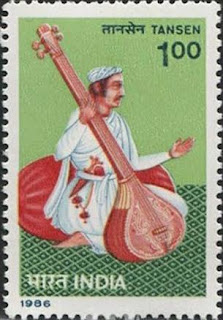Srinivasa Ramanujan, passed away on 26 April 1920, was an Indian mathematician who lived during the British Rule in India. Though he had almost no formal training in pure mathematics, he made substantial contributions to mathematical analysis, number theory, infinite series, and continued fractions, including solutions to mathematical problems considered to be unsolvable. Ramanujan initially developed his own mathematical research in isolation: "He tried to interest the leading professional mathematicians in his work, but failed for the most part. What he had to show them was too novel, too unfamiliar, and additionally presented in unusual ways; they could not be bothered". Seeking mathematicians who could better understand his work, in 1913 he began a postal partnership with the English mathematician G. H. Hardy at the University of Cambridge, England. Recognizing the extraordinary work sent to him as samples, Hardy arranged travel for Ramanujan to Cambridge. In his notes, Ramanujan had produced groundbreaking new theorems, including some that Hardy stated had "defeated completely", in addition to rediscovering recently proven but highly advanced results






.jpg)


